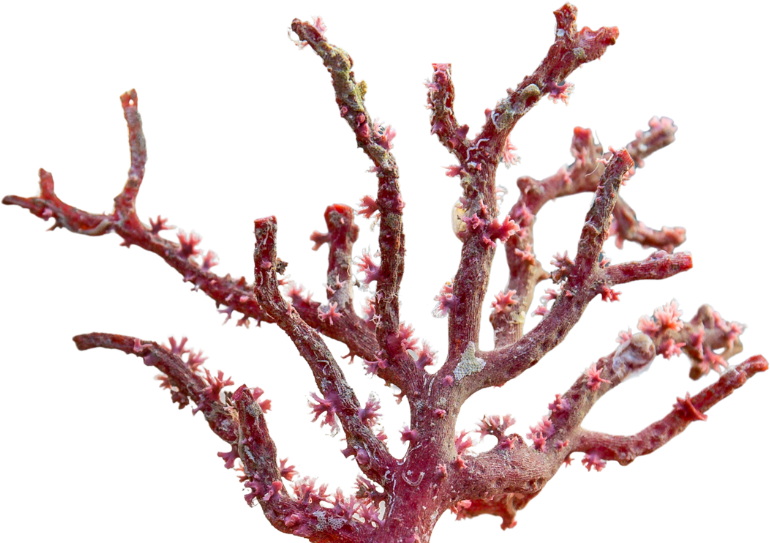Sea Cucumber – The Reef Recycler
- Sea cucumbers clean the ocean floor by breaking down organic material.
- They help recycle nutrients, improving seafloor health.


Coral reefs are the rainforests of the sea — vital, vibrant ecosystems that protect coastlines, feed communities, and support over a billion people worldwide.
But they are disappearing fast.
90% of coral reefs could vanish by 2050
25% of all marine species depend on coral reefs for survival
One billion people rely on reefs for food, income, and protection
SeaVox aims to restore 1 million square metres of reef by 2033
This is not just about saving corals — it’s about securing the future of coastal nations, global food systems, and the stability of our shared planet.


Coral reefs are ecosystems of immense ecological, economic, and cultural value. Yet today, they are under siege — from climate change, pollution, and destructive human practices.
Without urgent action, the collapse of coral reefs will jeopardize marine biodiversity, destabilize global fisheries worth over $400 billion annually, and erase up to $10 trillion in ecosystem services that reefs provide each year — including coastal defense, tourism, carbon sequestration, and marine biotechnology.
Coral reefs are under siege from multiple, interconnected threats — all rooted in human activity.
Rising sea temperatures caused by global warming lead to coral bleaching, a stress response where corals expel the algae (zooxanthellae) they rely on for energy. Without these algae, corals lose their color and vital nutrition, making them more susceptible to disease and death. Marine heatwaves are becoming more frequent and intense, accelerating reef collapse worldwide.
As oceans absorb more carbon dioxide (CO₂) from the atmosphere, seawater becomes more acidic. This reduces the availability of calcium carbonate, which corals need to build their skeletons. Weakened corals struggle to grow, reproduce, and recover from damage.
Runoff from agriculture, sewage, and plastics introduces excess nutrients and toxins into coastal waters. These pollutants fuel harmful algal blooms, reduce water clarity, and introduce diseases. Sedimentation from construction and poor land management also smothers coral reefs, blocking sunlight and hindering growth.
Bottom trawling scrapes the seafloor, physically destroying fragile reef structures. In some regions, destructive practices like blast fishing and cyanide fishing kill fish and corals indiscriminately. Overfishing also removes key herbivorous fish, leading to algal overgrowth that suffocates coral ecosystems.
Unregulated coastal development, dredging, and mass tourism increase sedimentation and physical damage to reefs. Anchors, trampling, and poorly managed diving activities directly harm coral structures, while increased boat traffic contributes to pollution.



Mantis shrimp have the fastest punch in nature, used for hunting.
Their eyes can see 12 colors (humans see 3), making them expert hunters.
These pressures aren’t isolated — they compound one another. Without systemic change and scalable restoration, coral reefs will not survive the century.
This is not just about saving corals — it’s about securing the future of coastal nations, global food systems, and the stability of our shared planet.
Manual coral planting is slow, costly, and labour-intensive
Monitoring systems are outdated, fragmented, and often imprecise
Most restoration efforts are dependent on short-term grants or donations
There is no scalable, verifiable model capable of addressing the urgency and size of the crisis
In addition, most restoration efforts lack independent verification. Without transparency, resources can be misused, progress overstated, or results fabricated — a problem that fuels greenwashing and undermines public trust. A verifiable system ensures that real impact is measured, corruption is prevented, and funding is used with integrity. Only with trusted data can we scale restoration responsibly and credibly.
.png)
.jpg)

.png)
SeaVox was created to meet this moment — to close the gap between urgency and action with a solution designed for scale.
We are building the world’s first fully integrated coral restoration system: combining AI-powered reef monitoring, automated coral planting, Biorock growth acceleration, and blockchain-based verification — all designed to restore reef ecosystems efficiently, transparently, and at scale.
Our model doesn’t just aim to restore reefs. It exists to prove that restoration can be measurable, affordable, and replicable — and to empower coastal nations with the tools to do it themselves.
This is not just a coastal issue. Coral reefs are the foundation of ocean health — and because the ocean regulates our climate, food systems, and planetary stability, their collapse will reverberate across the entire Earth.
What begins underwater will be felt everywhere.
Without immediate intervention, we face the irreversible loss of coral ecosystems within our lifetime.
Without reefs, coastal communities lose their first line of defense against erosion, storm surges, and even tsunamis. Global fisheries will falter, economies will destabilize, and marine biodiversity will face mass extinction.

.gif)
